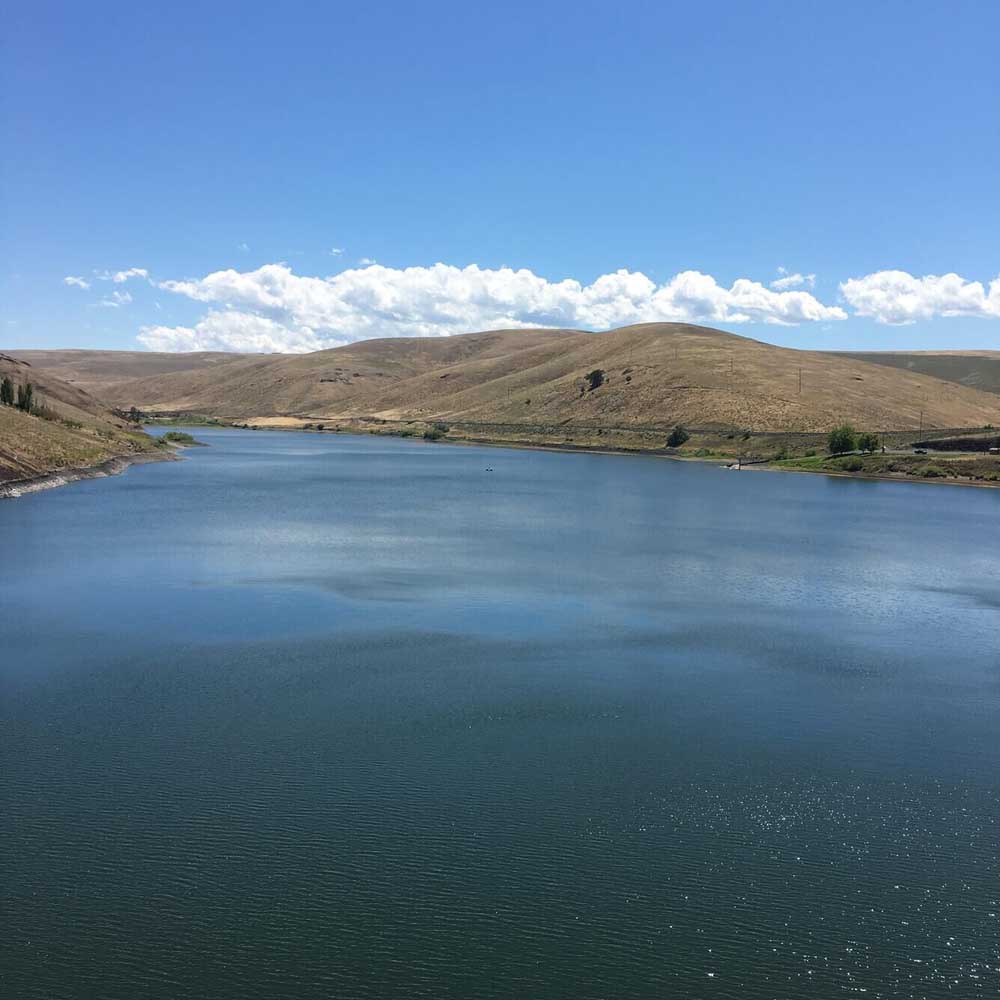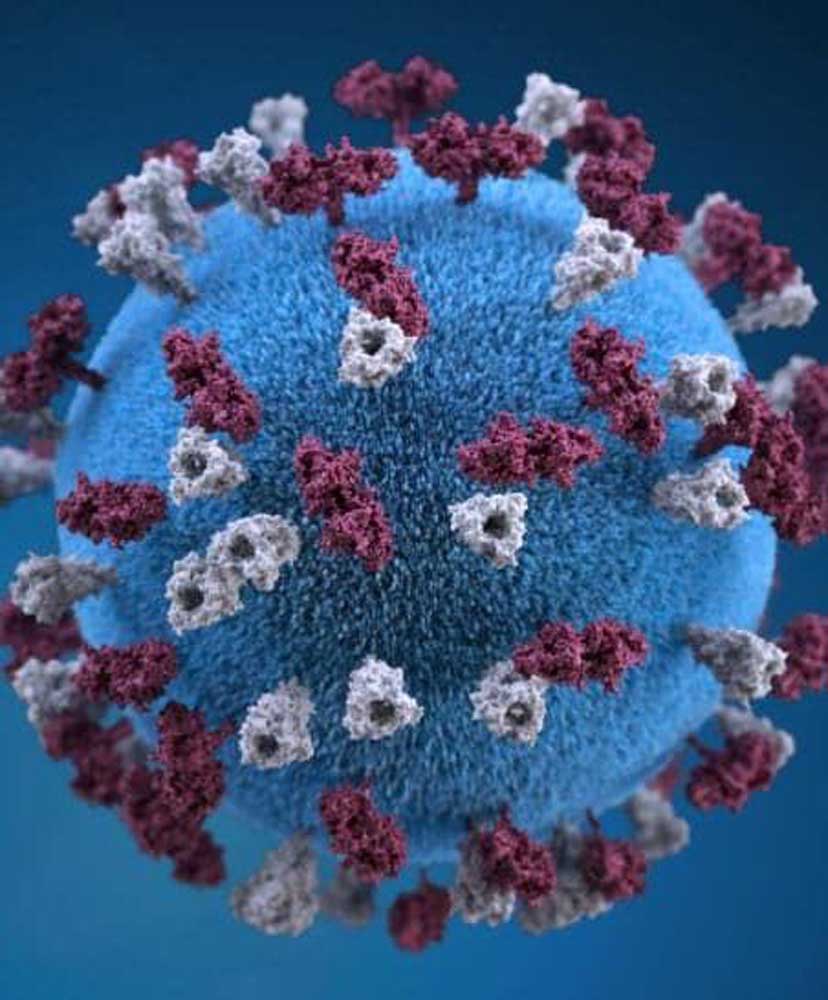Heppner’s Willow Creek Reservoir unsafe to use
Published 5:30 am Thursday, August 22, 2024

- The Oregon Health Authority issued an advisory Monday for Willow Creek Reservoir near Heppner for cyanobacteria bloom.
HEPPNER — The Oregon Health Authority issued health Monday for Willow Creek Reservoir because of cyanobacteria bloom and levels of the cyanotoxins above recreational values for human and animal exposure, according to a press release.
According to the release, people can visit the reservoir for activities such as fishing, camping, hiking, biking, picnicking, bird watching, canoeing and kayaking. However, there are risks for certain kinds of engagement with the water.
Erica Heartquist, public health communications officer for OHA, said this kind of advisory has been issued for Willow Creek every year for the last decade except in 2016 and 2021.
OHA recommends people avoid swimming and high-speed water activities, such as water skiing or power boating, in areas of the reservoir where blooms are present, as the major route of exposure is ingestion of water. Boating is safe as long as speeds do not create excessive water spray. Sprays could lead to the risk of inhaling cyanotoxins.
Children and pets are at increased risk for exposure because of their size and level of activity. Dogs can get extremely ill, and even die, within minutes to hours of exposure to cyanotoxins by drinking the water, licking their fur or eating the toxins from floating mats or dried crust along the shore.
Dogs can become ill and die from water intoxication after drinking excessive amounts of water while swimming or fetching objects for long periods of time. Intoxication is a potentially fatal disturbance in brain function resulting from an imbalance of electrolytes in the body. Water intoxication and heat stroke can cause similar symptoms as exposure to cyanotoxins.
Fish caught from areas where cyanobacteria blooms are present may pose unknown health risks, so OHA recommends not eating fish from those areas. The release said those who decide to eat the fish should remove fat, skin and organs before cooking or freezing, as toxins are more likely to collect in these tissues. Fillets also should be rinsed with clean water.
If you have questions…
For health information or to report an illness, contact OHA at 971-673-0482, or visit OHA’s Cyanobacteria (Harmful Algae) Blooms website.








